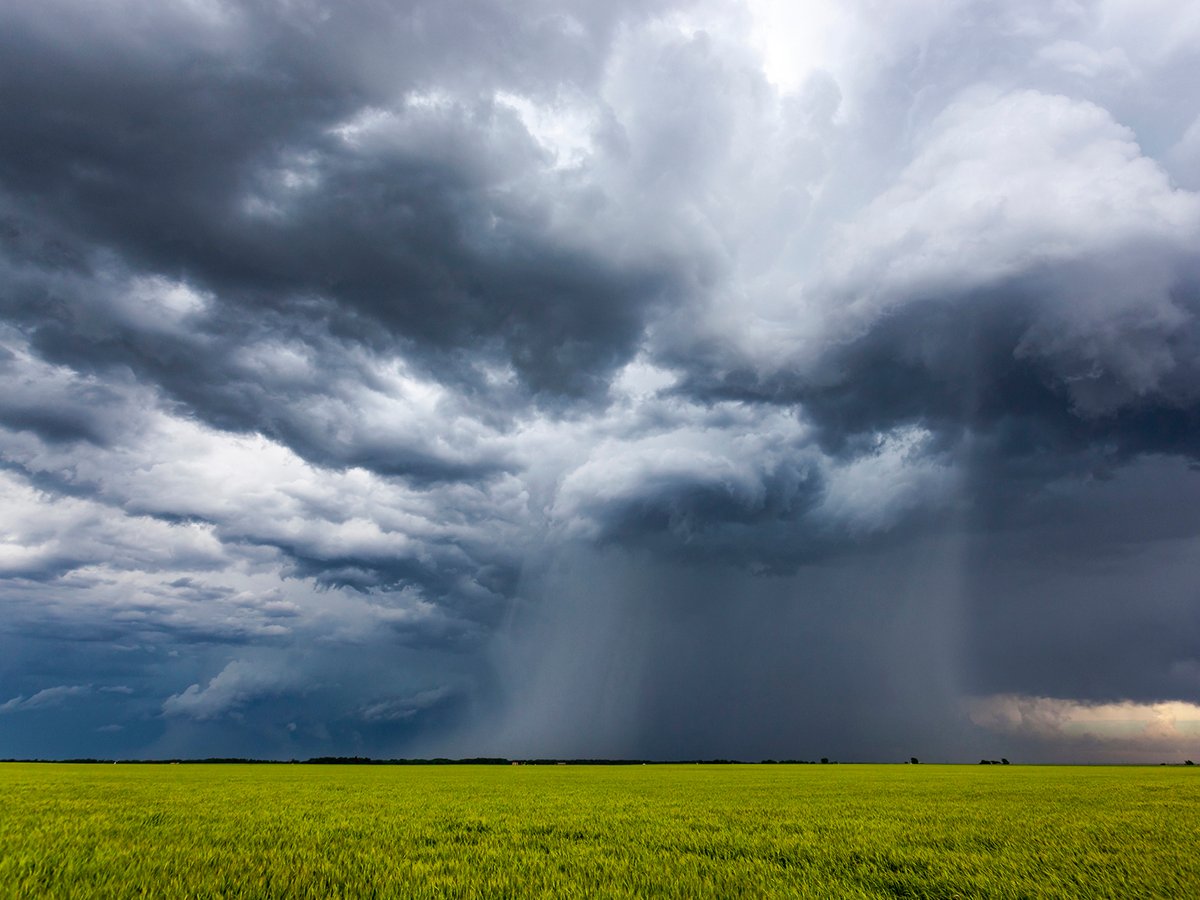RED DEER – It is time for Alberta agriculture groups to decide whether the provincial surface rights act serves its mandate.
“We need to have a study to determine if the act and the surface rights board as they exist today are meeting the original intent. It is my position that they are not,” said southern Alberta rancher Bill Newton.
The surface rights act governing oil and gas activity, mining and electrical transmission lines has not been reviewed since 1982.
A resolution to assess the act was passed at the Western Stock Growers Association 111th annual meeting in Red Deer Feb. 22.
Read Also

Extreme rain increases as planet warms
In this issue, we are going to wrap up our look at extreme rainfall by examining the different weather patterns that tend to be associated with these rainfall events.
Newton suggested agriculture groups could collaborate and hire a consultant to review the act and make recommendations to correct the situation.
There are more than 200 landowner groups in the province, which Newton feels is a response to problems with the legislation.
In an interview, Newton said landowners are told it is a societal benefit to allow oil, gas, mining or electrical transmission lines on their land, but he worries the individual’s rights are compromised.
Rancher Daryl Carlson agreed the good and bad aspects of the act need attention, but he worries that if the act is rewritten, it could provide more power to the oil companies.
Another controversy rests with a court decision expected March 31. Consultant Ray Strome is accused of acting as a land agent to represent landowner concerns in negotiations with energy companies.
The law says only a licensed petroleum land agent can provide advice and consultation to landowners negotiating with resource companies wishing to enter their property to drill wells or dig a pipeline. There are about 1,600 licensed agents in the province and all but five to 10 work for energy companies.
Harvey Gardner sees the court case as an attempt to force landowners to accept a lawyer who may not be experienced in resource matters or a land agent who is employed by the oil industry.
“That is a situation that leaves me scant trust,” he said.
The stock growers made a motion to approach Alberta Beef Producers to help fund an appeal for Strome if necessary.
However, beef producers chair Erik Butters said the request would have to work its way to the board level where the directors would decide whether to help an individual using producer funds.















